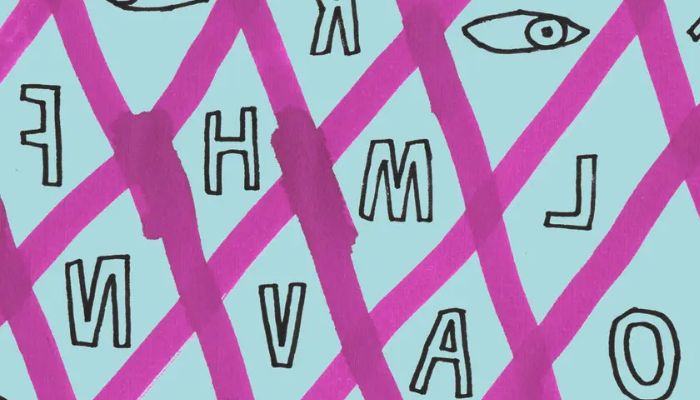Dyslexia might have an evolutionary upside: research
Dyslexic individuals' ability to seek out new information instead of reprocessing same interpretations can help human species
June 25, 2022

- Dyslexia affects affects about one in five people globally.
- Cambridge experts believe it might actually have an evolutionary benefit.
- Dyslexic individuals' ability to seek out new information can help humans ensure brighter future.
A team of scientists at Cambridge published research in the journal Frontiers of Psychology which showed that people with dyslexia, a learning disorder that affects about one in five people globally, might help the human species survive and thrive.
"The deficit-centered view of dyslexia isn’t telling the whole story," lead author Helen Taylor said in a statement that accompanied with the paper.
She added that the research aimed to understand the cognitive strengths of those with dyslexia.
Dyslexia, as define by World Federation of Neurology, is "a disorder in children who, despite conventional classroom experience, fail to attain the language skills of reading, writing, and spelling commensurate with their intellectual abilities."
Cambridge experts, however, believe that the disorder might actually have an evolutionary benefit.
They believe that dyslexic individuals' ability to seek out new information instead of repreocessing the same interpretations of the world can help humans ensure a brighter future.
Taylor said that while the condition is challenging, it might "have played a crucial role in our species' survival."
The research suggests that looking at the world uniquely is not a bad thing.











